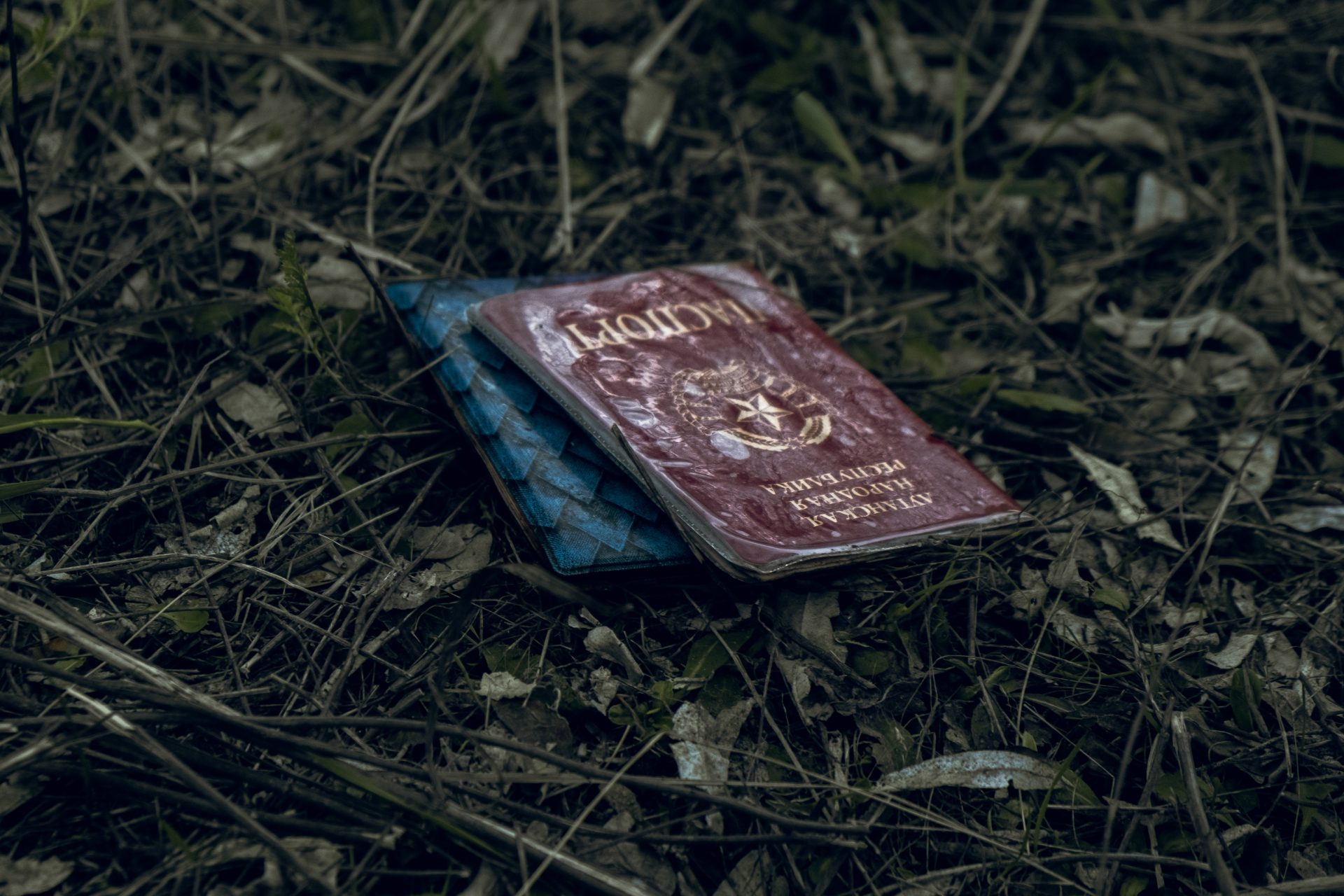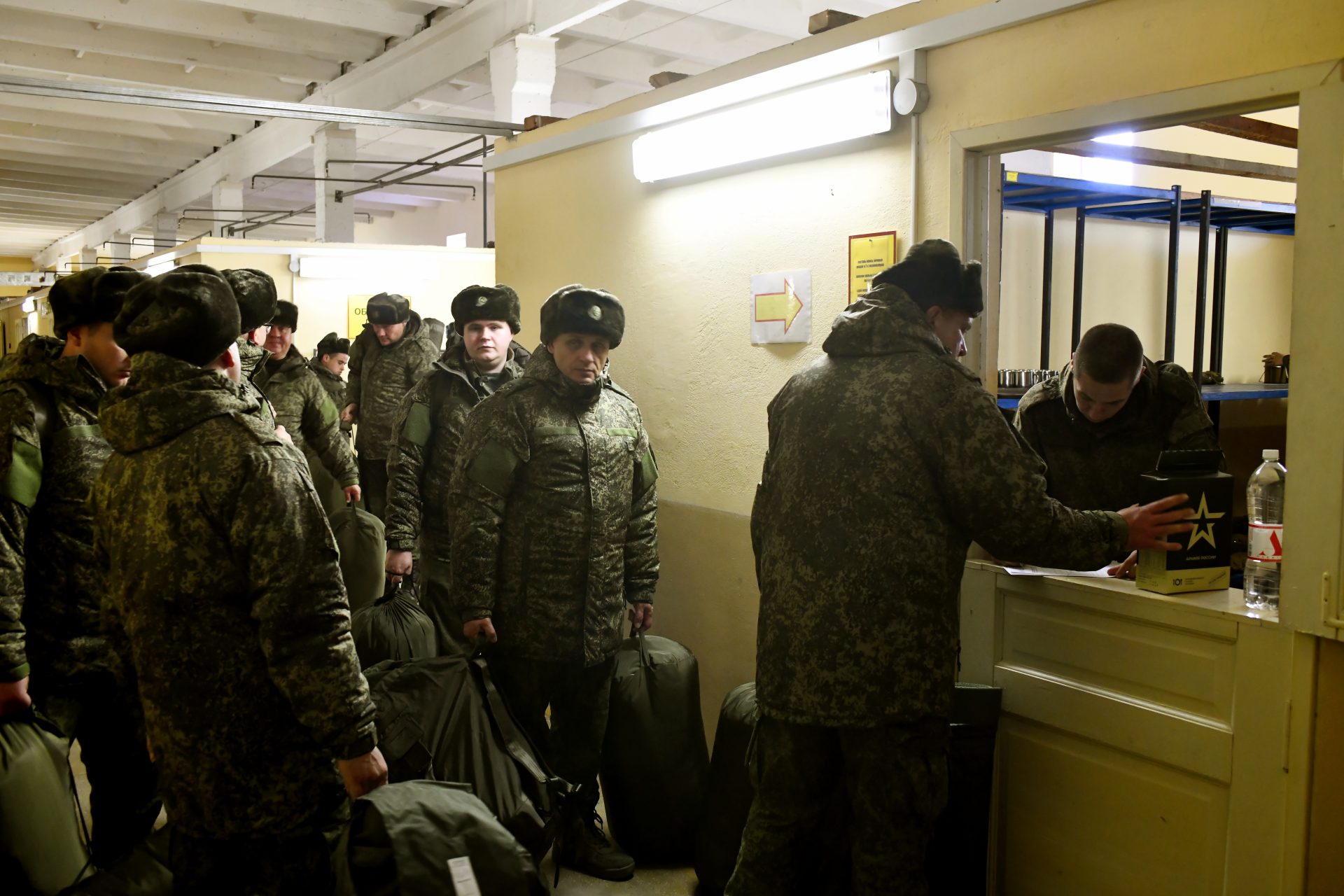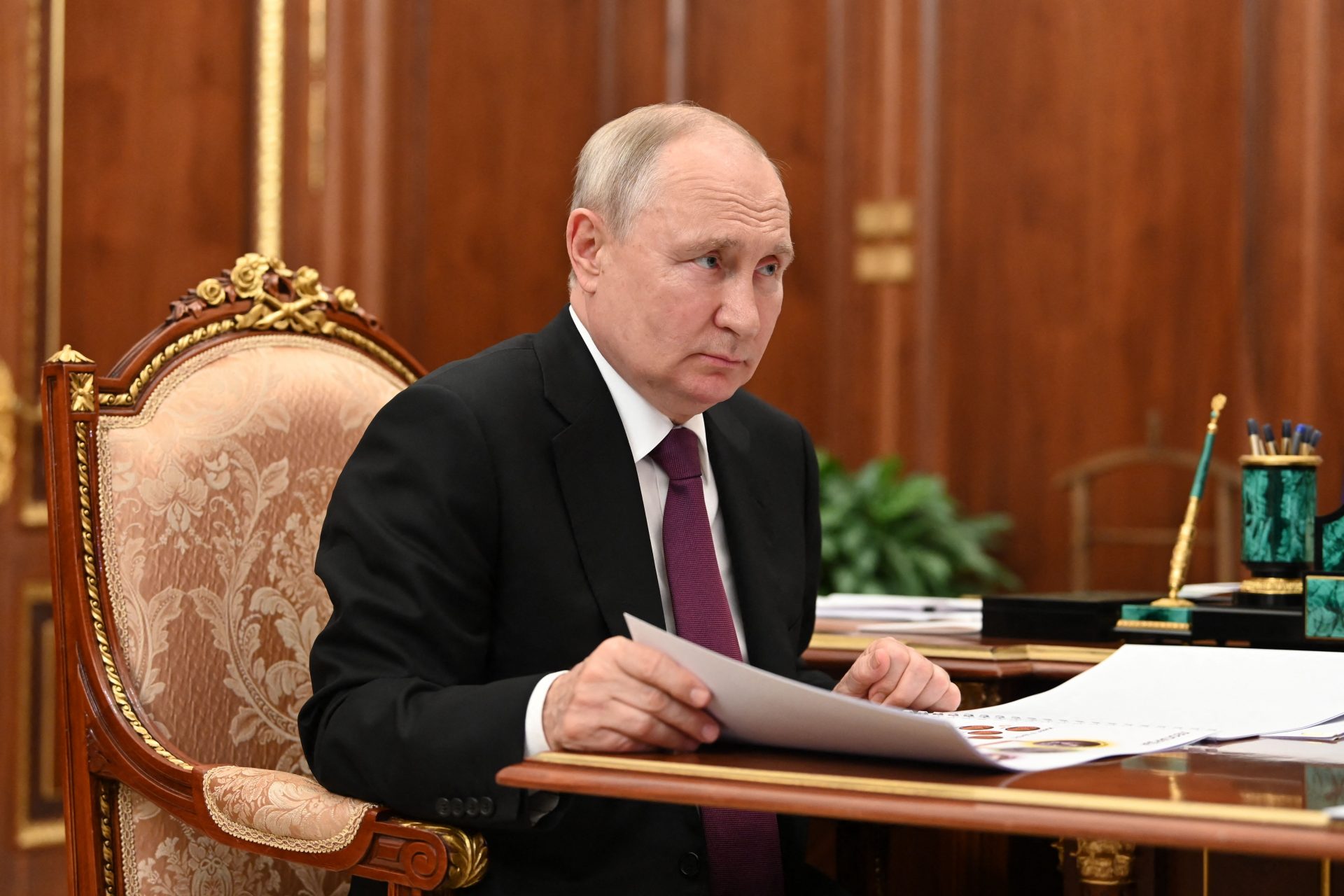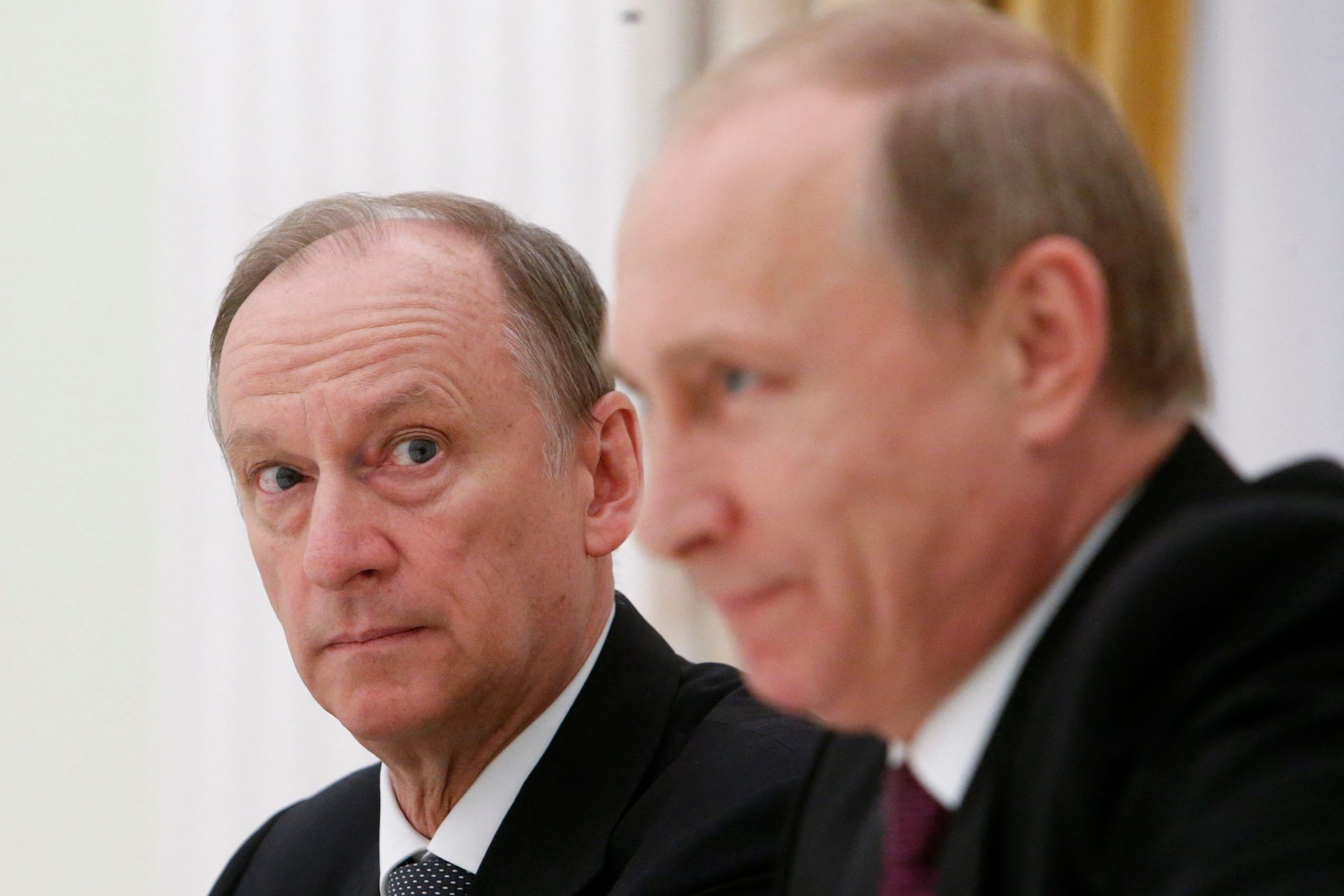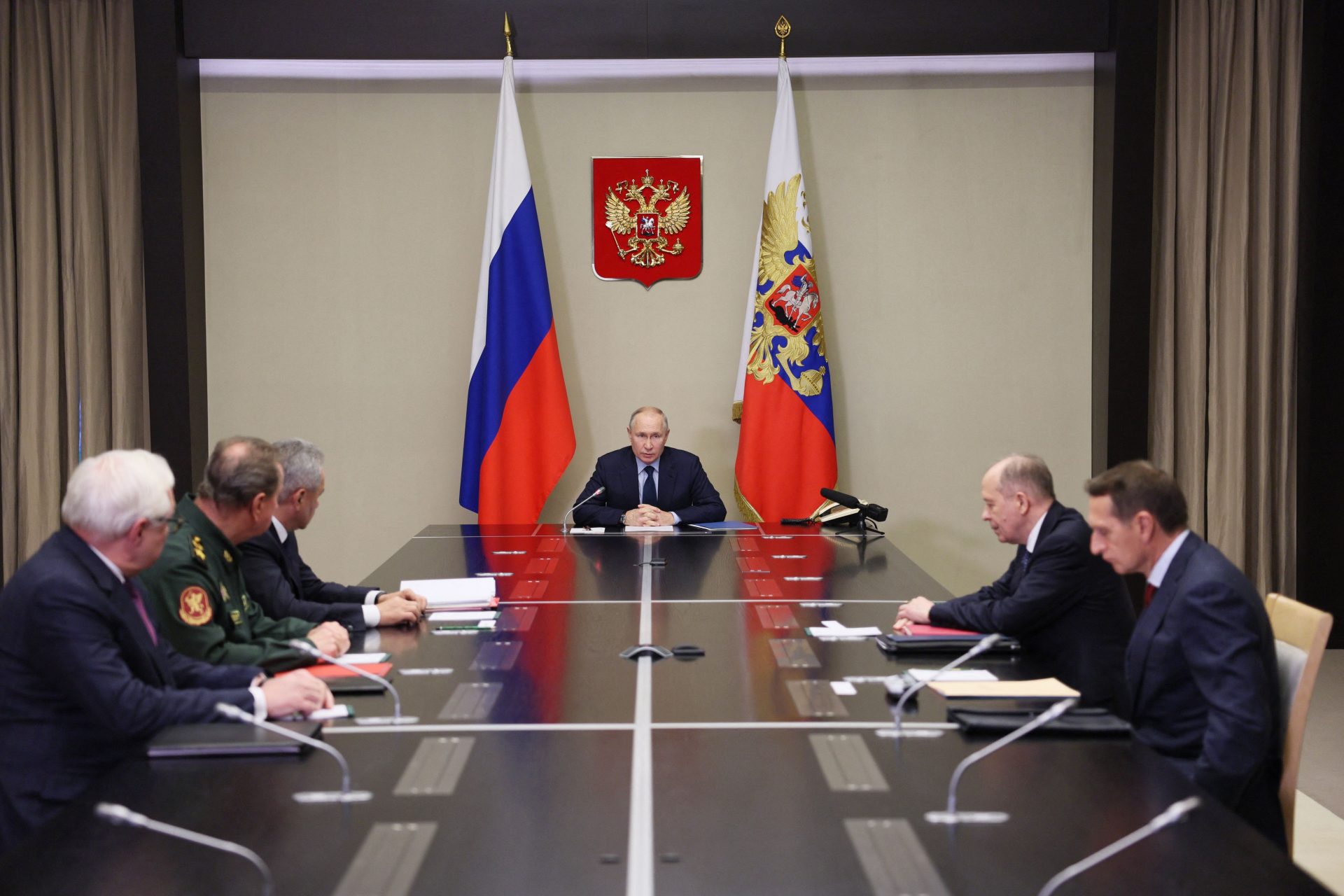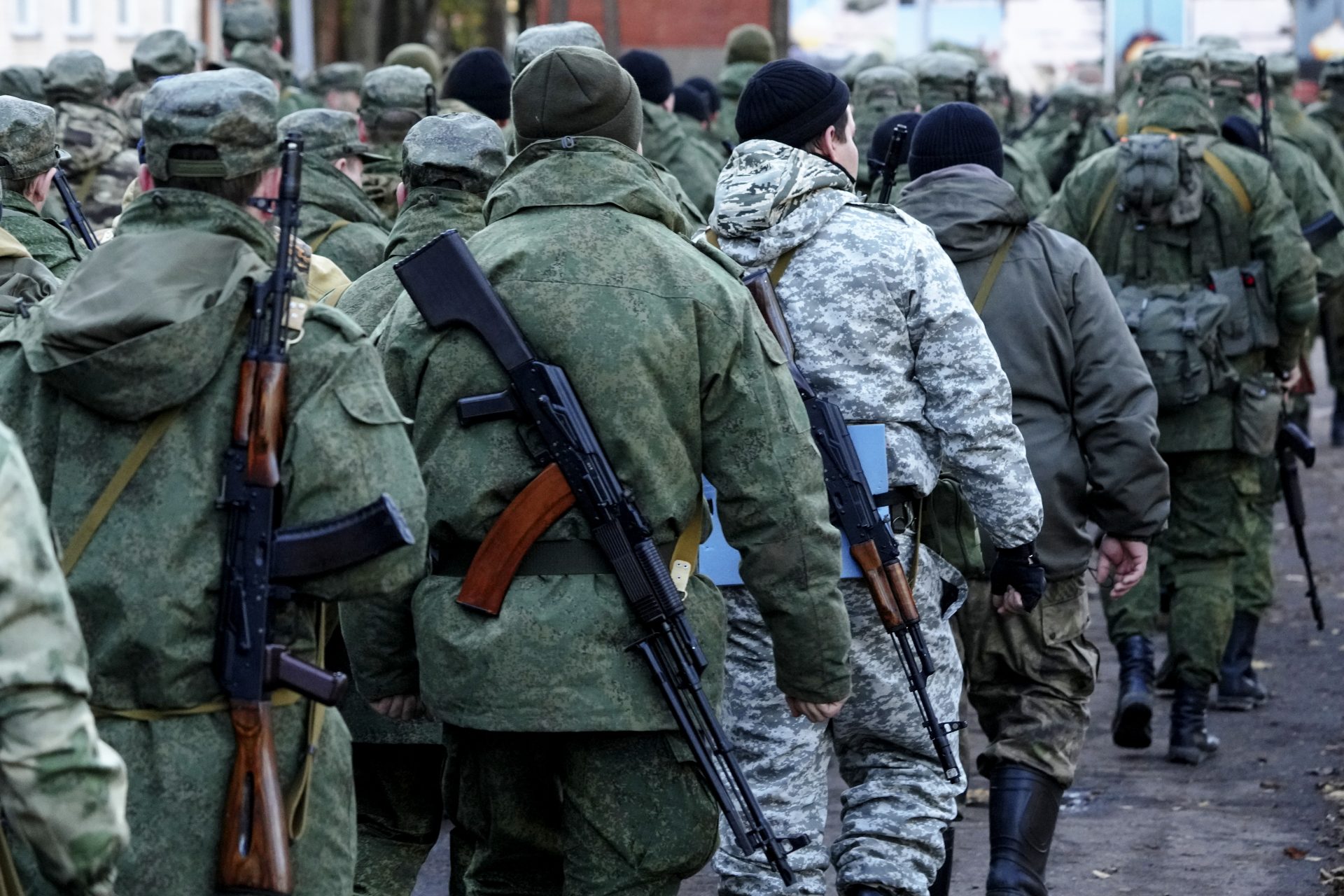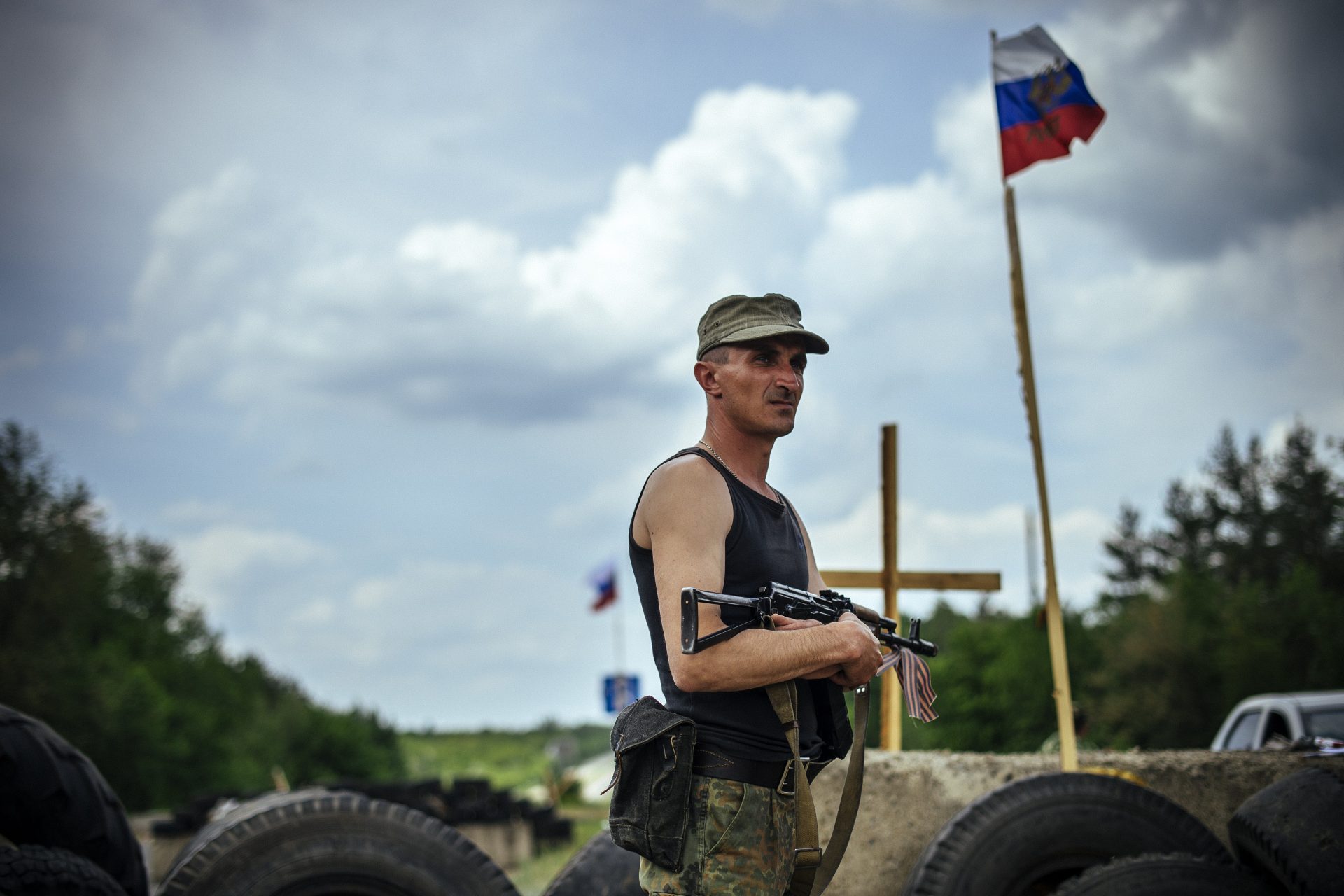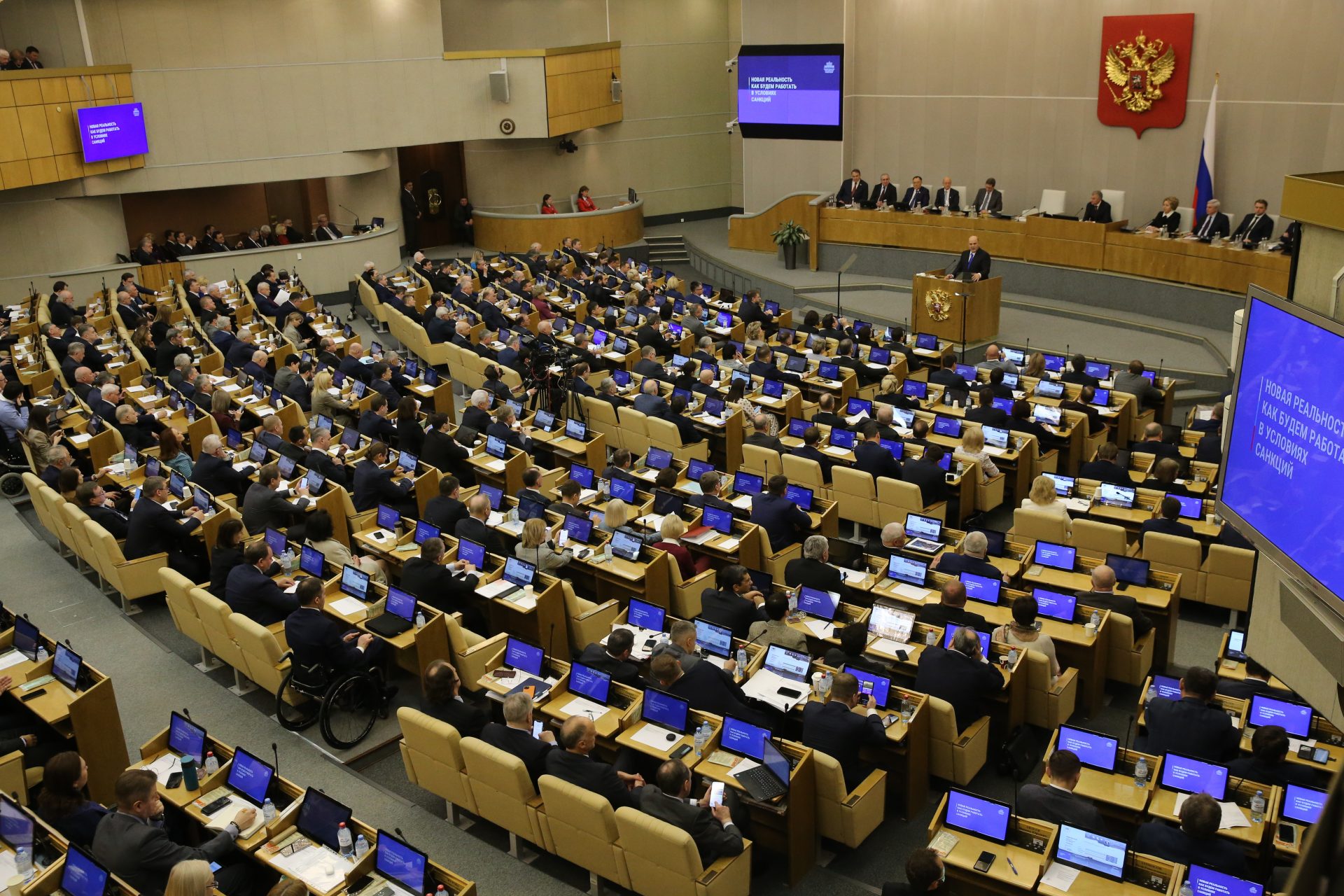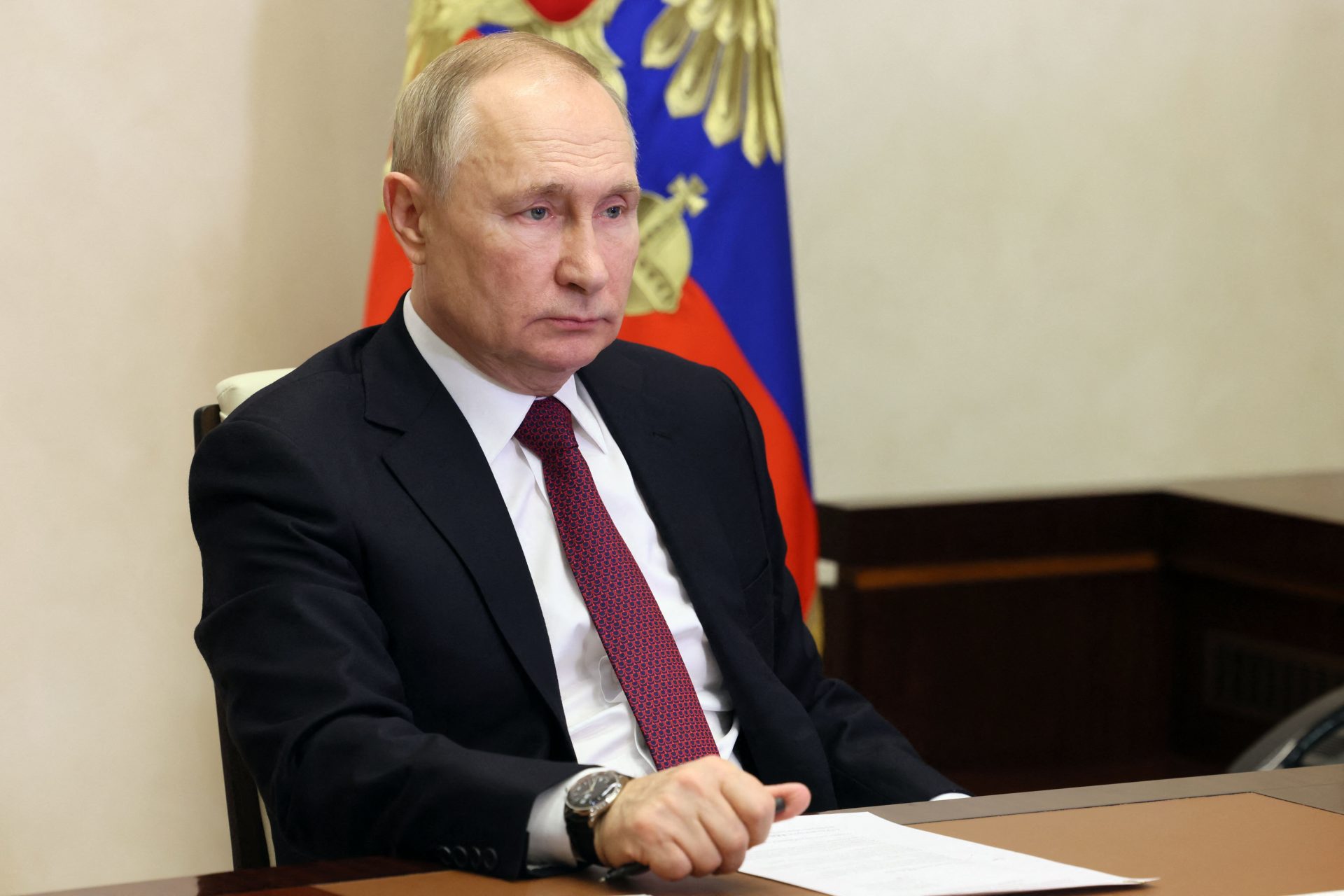Moscow is forcing some Russians to give up their passports
Russians banned from traveling outside of the country must now give up their passports to officials within five days of being notified of their travel ban according to new legislation from the Kremlin that went into effect on December 11th.
Reuters reported that under the new Russian law, authorities can impose travel bans on individuals who have been conscripted into military service as well as employees of the Federal Security Service (FSB), and those privy to state secrets.
The independent Russian news agency Meduza also reported on the new Russian decree and it explained that any passport that was not turned in without providing a legitimate reason for not doing so would be invalidated by the government.
The confiscated passports will be stored by the government organization that issued the document, which could include Russia’s Ministry of Foreign Affairs or the Ministry of the Interior, and will be returned when a person's travel ban is lifted.
However, those who have had their passports taken by the government will also have to fill out an application to have them returned while those who had their documents taken because of military or civilian service will face other hurdles.
Those conscripted into the military or civilian service will have to provide their military ID along with proof that they completed their service to the state before their documents will be returned to them. But why is this happening now?
Russia’s latest scheme to keep citizens inside its borders is part of a series of changes the country has made since the full-scale invasion of Ukraine began aimed at keeping those essential to Moscow’s war effort inside the country.
In March, the UK Ministry of Defense reported in one of its daily updates on the conflict in Ukraine that Moscow was confiscating the passports of some of its important officials in order to stop them from fleeing as the war dragged on.
“Since the start of Russia’s invasion of Ukraine, Russian public officials and workers have been subject to increasingly severe foreign travel restrictions,” the ministry noted, adding that some officials had given their passports to the FSB.
This situation had a large impact on employees closer to the center of power in Moscow and it was these high-level officials who faced the harshest restrictions. “Kremlin officials are banned from all international leisure travel," the update read.
The UK Ministry of Defense speculated that the measures were likely part of an effort to prevent the Kremlin’s high-level employees from fleeing the country, and added that the restrictions from Moscow would likely get worse as the war went on.
More than nine months on from the ministry’s assessment, restriction measures inside of Russia have indeed gotten worse, and this may be in preparation to head off any problems that could stem from a future round of mobilization in Russia.
Hundreds of thousands of Russians fled the country when Vladimir Putin announced a partial mobilization in September 2022. Business Insider pointed out that the Kremlin’s new decree comes at a time when Moscow is suffering.
Since Moscow's partial mobilization, Russia has recruited prisoners, doubled salaries, taken recruits from foreign countries, offered $5,200 in sign-on bonuses to some recruits, and raised its conscription age to feed its manpower needs.
However, despite its tactics, Russia has not been able to replace its battlefield losses as quickly as the country has lost them according to an assessment by the Institute for the Study of War that was reported on by Business Insider.
Russia’s new law allowing the government to confiscate the passports of some citizens was passed by the country’s State Duma on May 23 according to The Kyiv Independent and signed into law to take effect 180 days by Putin on June 13.
On November 22nd, Decree No. 1953 was issued by the Russian government. It outlined the transfer for the storage, reception, and registration of confiscated passports as well as the other rules that included who would be subject to the confiscations.
More for you
Top Stories



